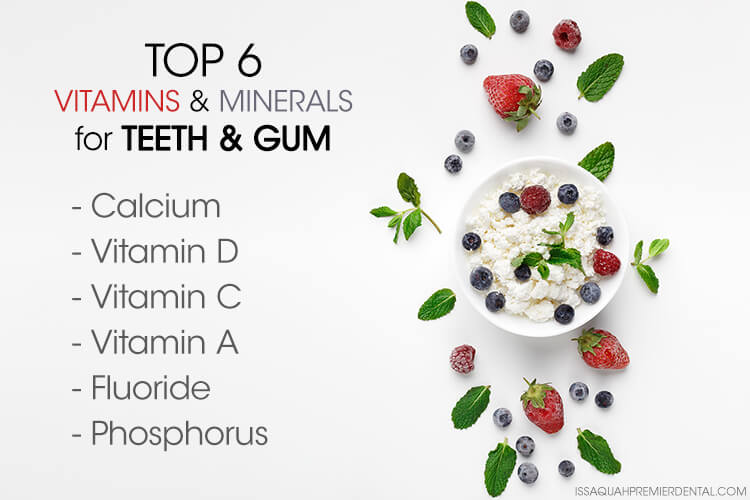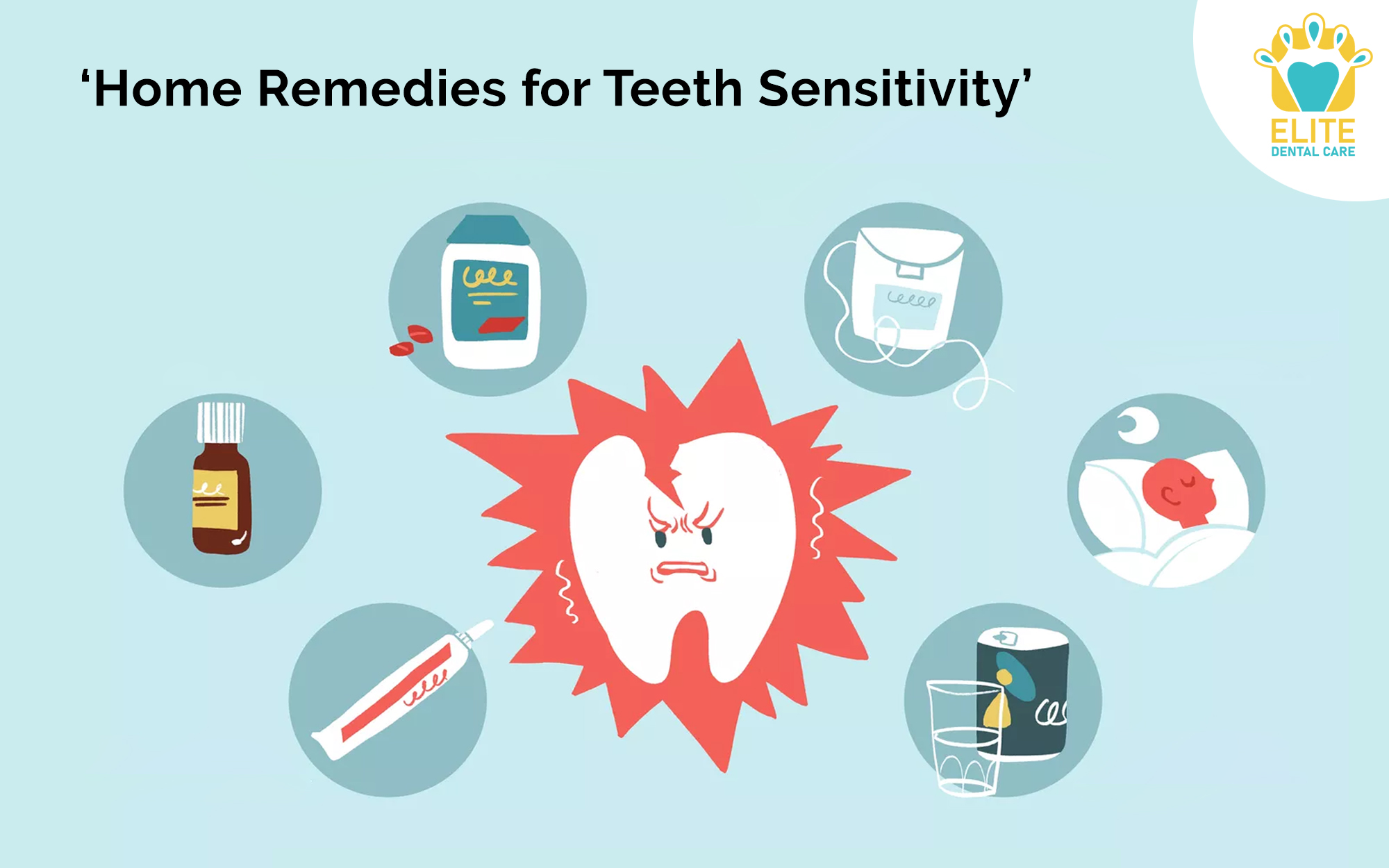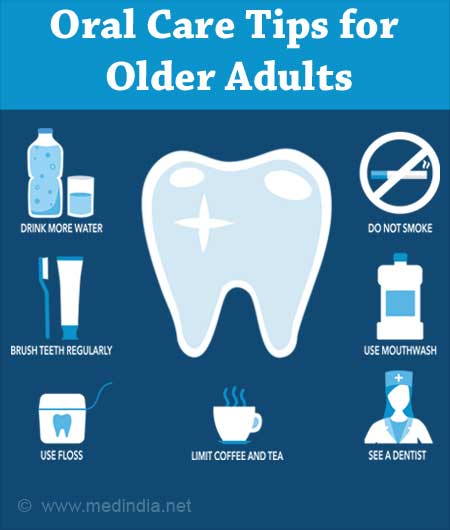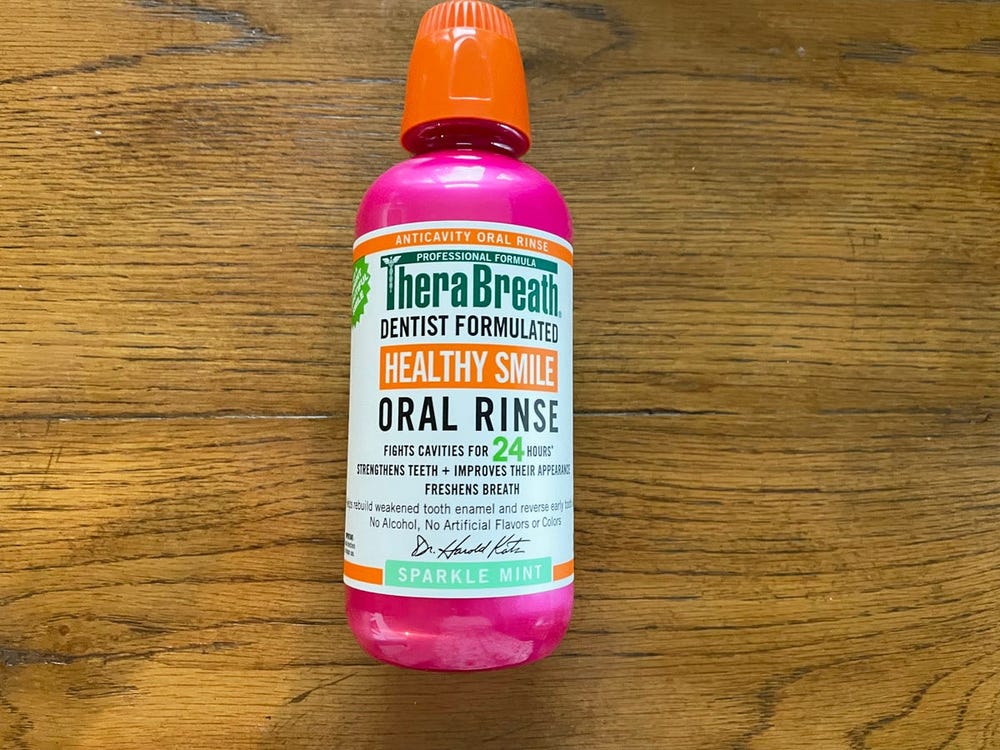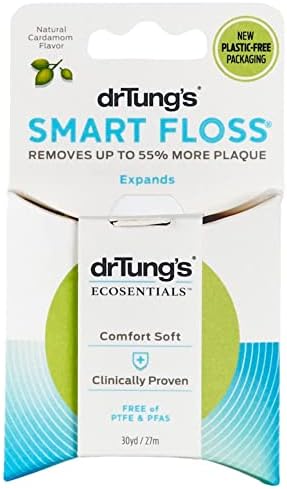Introduction
Good dental care goes beyond brushing and flossing regularly. While these habits are essential for maintaining oral health, the role of vitamins and minerals in dental care should not be overlooked. Proper nutrition plays a crucial role in keeping our teeth and gums healthy, and certain vitamins and minerals are particularly beneficial for maintaining strong teeth, preventing gum diseases, and promoting overall oral well-being.
Importance of Dental Care
Dental care is crucial for maintaining good oral health. It involves various practices and habits that help prevent dental diseases and maintain healthy teeth and gums. While brushing, flossing, and regular dental check-ups are essential, the role of vitamins and minerals in dental care should not be overlooked.
Vitamin A
Vitamin A plays a vital role in maintaining healthy teeth and gums. It helps in the formation and maintenance of tooth enamel, which is the protective outer layer of the teeth. Vitamin A also promotes the production of saliva, which aids in the prevention of tooth decay and gum diseases.
Vitamin C
Vitamin C is known for its immune-boosting properties, but it also plays a significant role in dental care. It helps in the production of collagen, a protein that supports the gums and keeps them healthy. Additionally, vitamin C is essential for the healing of wounds and preventing gum inflammation.
Vitamin D
Vitamin D is crucial for the absorption of calcium, which is essential for strong teeth and bones. It helps in the mineralization of teeth, making them more resistant to decay. Adequate levels of vitamin D can also reduce the risk of gum diseases and tooth loss.
Calcium
Calcium is one of the most important minerals for dental health. It is the main component of tooth enamel and helps in maintaining strong teeth. Calcium also plays a role in jawbone health, providing a stable foundation for the teeth. Consuming foods rich in calcium, such as dairy products, leafy greens, and almonds, can contribute to optimal dental care.
Phosphorus

Phosphorus works in conjunction with calcium to build and maintain healthy teeth and bones. It helps in the remineralization process, which repairs damaged tooth enamel. Foods like fish, meat, eggs, and nuts are excellent sources of phosphorus.
Vitamin K
Vitamin K is essential for blood clotting, but it also plays a role in dental care. It helps in the synthesis of osteocalcin, a protein that supports bone health.
Summary
Vitamins and minerals are vital for maintaining good oral health. They help strengthen teeth, prevent gum diseases, and promote overall oral well-being. Some key nutrients that play a significant role in dental care include:
- Calcium: Essential for strong teeth and jawbones.
- Vitamin D: Aids in calcium absorption and supports tooth mineralization.
- Vitamin C: Promotes healthy gums and helps prevent gum diseases.
- Vitamin A: Supports the production of saliva, which helps cleanse the mouth.
- Phosphorus: Works with calcium to strengthen tooth enamel.
- Magnesium: Helps maintain proper pH levels in the mouth and prevents tooth decay.
By ensuring a balanced diet rich in these essential vitamins and minerals, individuals can significantly improve their dental health and reduce the risk of oral https://main.mohfw.gov.in/sites/default/files/N_56820_1613385504626.pdf problems. It is important to consult with a dentist or healthcare professional to determine the specific nutritional needs for optimal oral care.
- Q: Why are vitamins and minerals important for dental care?
- A: Vitamins and minerals play a crucial role in maintaining oral health. They help strengthen teeth, promote healthy gums, and support overall oral hygiene.
- Q: Which vitamins are essential for dental health?
- A: Vitamin C, Vitamin D, and Vitamin K are important for maintaining healthy teeth and gums. Vitamin C helps prevent gum disease, Vitamin D aids in calcium absorption for strong teeth, and Vitamin K promotes proper blood clotting for oral wound healing.
- Q: What minerals are beneficial for dental care?
- A: Calcium, phosphorus, and magnesium are essential minerals for dental health. Calcium strengthens tooth enamel, phosphorus works with calcium to protect and rebuild tooth enamel, and magnesium helps maintain proper bone density in the jaw.
- Q: How can I incorporate vitamins and minerals into my dental care routine?
- A: You can ensure an adequate intake of vitamins and minerals by consuming a balanced diet that includes fruits, vegetables, dairy products, lean proteins, and whole grains. Additionally, you may consider taking supplements under the guidance of a healthcare professional.
- Q: Can a deficiency in vitamins and minerals affect my oral health?
- A: Yes, a deficiency in vitamins and minerals can lead to various dental problems. For example, a lack of Vitamin C can cause bleeding gums and slow wound healing, while insufficient calcium intake can weaken tooth enamel and increase the risk of tooth decay.

Welcome to Implant Surgery Insights, your go-to resource for all things related to implant surgery, natural dental care, senior dental health, and dental product reviews. My name is Jamie Montgomery, and I am thrilled to be your trusted Implant Surgery Consultant.

